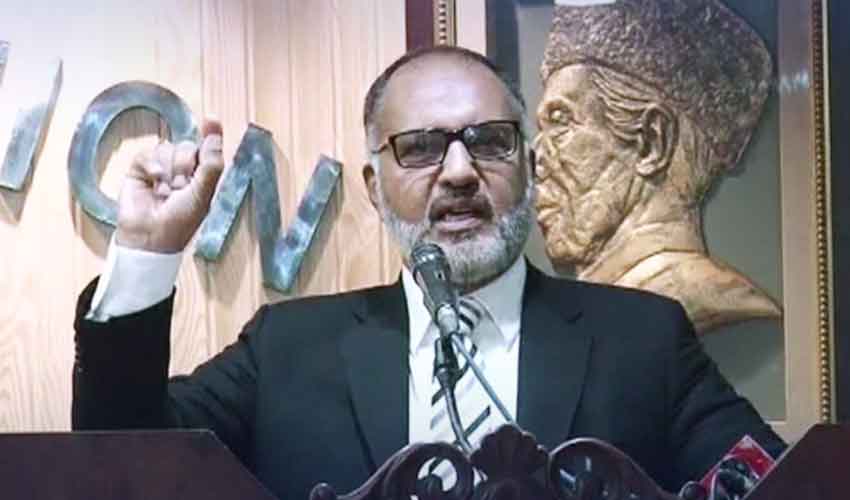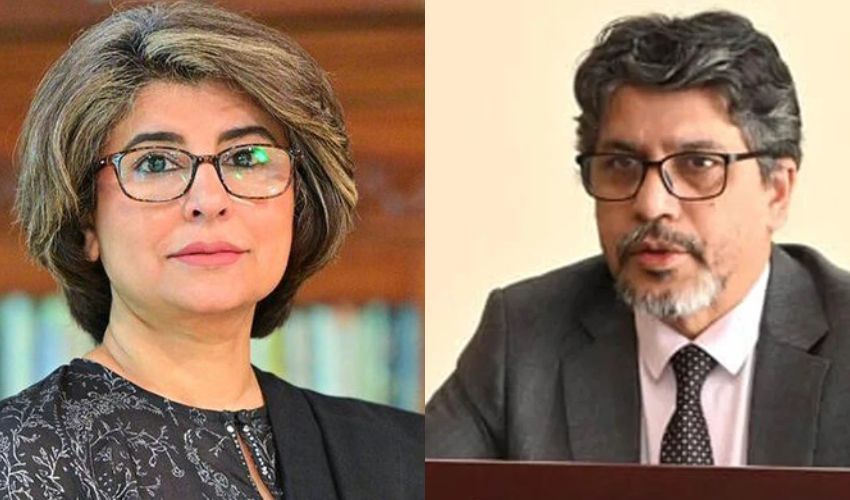Former judge of the Islamabad High Court, Shaukat Aziz Siddiqui, delivered a hard-hitting address to the legal community in Faisalabad, highlighting the historical subjugation of Pakistan’s institutions and the ongoing challenges to judicial independence.
Speaking to a gathering of lawyers, Siddiqui reflected on Pakistan's pre-independence era, stating that until August 14, 1947, the judiciary, executive, and army were under the British rule. He argued that these institutions, despite their central role in the country today, had no interest or involvement in the formation of Pakistan.
Siddiqui criticized two key “institutions” for dominating the country's governance. "Two institutions have ruled Pakistan, the PMA Kakul and Aitchison College, Lahore. The foundation of Aitchison College was laid to produce people who can rule the people," he asserted, and called these institutions "branches of an evil nexus".
Recalling a speech he gave on July 21, 2013, Siddiqui shared how he was isolated for his outspoken views along with his family. "But after my speech, people became courageous and started talking," he claimed.
He noted that any nation would face imbalance when its constitution is violated, pointing out that Pakistan’s judiciary had offered its support to the suspension of the constitution in past martial laws.
Siddiqui contrasted Pakistan’s experience with India, where martial law has never been imposed, lamenting that prime ministers in Pakistan often face political uncertainty, unsure of their positions from one day to the next. He alleged that the judiciary in Pakistan was not free.
"The independence of the judiciary is the courage to deny. Making decisions according to one's conscience is nothing," Siddiqui remarked, adding that decisions are made with justice, according to the constitution and law.
He stressed that where there is ill intention, the integrity of the constitution is stripped away.



























